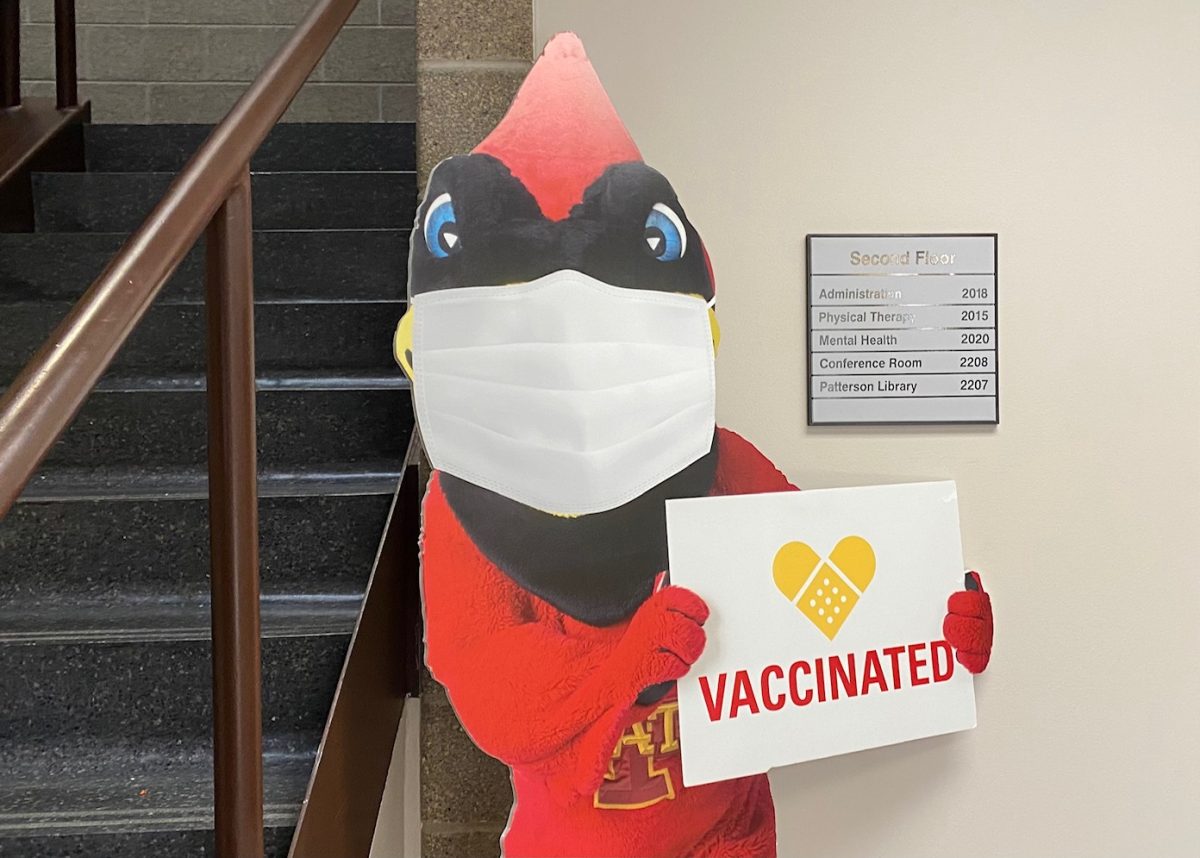Mediator panel coming to ISU
September 22, 1998
Whether someone is having a disagreement with a roommate or a family conflict, dispute resolution offers an alternative approach to solving problems.
Mediation, a form of dispute resolution, is used in a variety of ways in times of conflict, said Sue Wilden, president of the Iowa Association for Dispute Resolution (IADR).
Family law and mediation will be the topic of a panel discussion this Saturday at the IADR meeting.
“There are many benefits to dispute resolution,” Wilden said. “The person actually gets to go and have his or her own voice heard — there are no attorneys involved.”
The emphasis in dispute resolution is providing a neutral third party to mediate the conflict, said Karen Combs, chairwoman of the IADR committee on public education and membership.
Professionals with extensive experience in mediation will form the discussion panel for the meeting, Combs said. IADR Vice President Hank Ostwald will serve as moderator for the discussion.
“The panel will consist of Judge William Thomas of the Iowa Sixth Judicial District, who was instrumental in getting the family mediation program started in that district, Jennifer Juhler, who works under the auspices and patronage of the Iowa Supreme Court to implement recommendations regarding domestic abuse, Tom Levis, a lawyer from Des Moines who does a lot of family mediation in the Des Moines area and Tam Ormiston, deputy attorney general for Iowa, who represents the Iowa Attorney General’s Task Force on Mediation,” Combs said.
The panel discussion will address the new legislation regarding mediation, Combs said.
“The new legislation established three important protections: confidentiality, mediator privacy and mediator immunity,” she said.
The trends in dispute resolution in Iowa also will be addressed by the panel, Combs said. While several Iowa counties already have mediation programs in existence, the panel will discuss the possibility of expanding those programs.
With panel members’ extensive work in the political field, insight on the governor’s position on mediation and how that will impact the state will also be discussed, Combs said.
Mediation in domestic situations also will be looked at more closely by the panel, she said.
“The current trend is in the area of family mediation,” Wilden said. “Dispute resolution helps not only the family involved, but also protects the best interest of the children.”
Neutrality also is a key ingredient for some in dispute resolution.
“The neutrality allows both parties to frame how the issue is resolved,” said Teresa Williams, executive director of the Center for Creative Justice.
The Center for Creative Justice (CCJ) has served the Ames community with dispute resolution services for nearly 25 years, Williams said.
“We’re very fortunate in this community to have a conflict resolution center here,” she said.
“The mission of CCJ is to provide peaceful conflict resolution for people who are in trouble with the community and the law,” Williams said.
The center, which serves more than 400 people each year, provides both mandatory and voluntary mediation, she said.
In some cases, mediation is required before the court system will hear a case, Williams said. Victim/offender mediation and divorce mediation are examples of required dispute resolution, she said.
Victim/offender mediation, a commonly used form of dispute resolution at CCJ, allows the victim and the offender of a crime to meet face to face in order to discuss issues related to the crime, Williams said.
Juveniles who commit crimes are often subject to victim/offender mediation, Combs said.
“Mediators work with the victims of the crimes until they feel comfortable confronting the perpetrators of the crimes,” Combs said.
In these cases, Williams said, “Mediation allows a safe and neutral setting to discuss issues that might be emotionally charged.”
The IADR quarterly meeting will be held this Saturday at Lucullan’s Restaurant, 400 Main St., from 1 to 3 p.m. Individuals interested in joining IADR are encouraged to attend the business meeting at 11 a.m. preceding the luncheon, Wilden said.
Combs said the panel discussion is open to the public and is free of charge.






